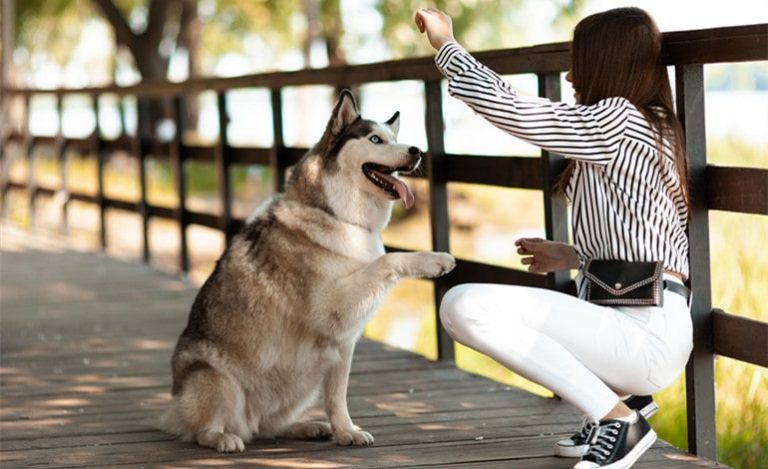Choosing a dog that perfectly matches your family is an exciting process but also requires careful consideration. After all, bringing a new furry friend into your home is a big commitment, and you want to ensure that you and your new pet will be happy together.
But with so many different breeds, sizes, and temperaments available, how do you know which dog fits your family best? This article will discuss crucial steps to help you choose the perfect dog for your household.
Understand your family’s lifestyle
Before you start your search for a new dog, it is essential to understand your family’s lifestyle. Different breeds of dogs have different energy levels, exercise needs, and temperament traits. For instance, if you live in an apartment with limited space, a large breed like a Great Dane may not be the best choice as they require ample room to run and play.
On the other hand, if your family is active and loves to go on outdoor adventures, a high-energy breed like a Border Collie or Australian Shepherd would be an ideal companion.
It is also crucial to consider the age of your family members. If you have young children, opt for a breed known for its patience and gentleness with kids, such as the Bernese Mountain Dog or Labrador Retriever. However, a playful breed like the Brittany or Vizsla may be a better match if your children are older and more active.
Research different breeds
Once you understand your family’s lifestyle, it is time to research different dog breeds. Consider the breed’s size, energy level, grooming needs, and potential health concerns. Websites like the American Kennel Club (AKC) provide detailed information on different breeds, making it easier to narrow down your options.
For example, if you are looking for a low-shedding dog due to allergies or preference, consider a Bernedoodle. This breed is a cross between a Poodle and a Bernese Mountain Dog, known for their hypoallergenic coats. You can look at websites that advertise Bernedoodle puppies for sale to learn more about the breed and even look for your new furbaby.
Consider your living space
As mentioned earlier, your living space is crucial in choosing the right dog. A smaller breed like a Chihuahua or Bichon Frise may be more suitable if you live in a small apartment or have limited outdoor space. These breeds still require regular exercise but can thrive in smaller living spaces.
On the other hand, if you have a larger yard or live in a rural area with plenty of open space, consider a bigger, more active breed like a Golden Retriever or German Shepherd. It is essential to ensure that your new dog will have enough space to run and play, as this can significantly impact their physical and mental well-being.
It is also essential to consider your neighborhood’s rules and regulations regarding pet ownership. Some areas may have restrictions on certain breeds, so make sure to do your research before bringing a new dog home.
Consider adopting from a shelter
While purebred dogs may be a popular choice, it is essential to consider adopting from a shelter. Not only does this give a loving home to a dog in need, but shelters also have a variety of breeds and mixes available. Many rescue organizations also provide detailed information on each dog’s personality and behavior, making finding the perfect match for your family easier.
Adopting from a shelter also allows you to see the dog’s temperament and energy level firsthand. It can help you make a more informed decision, especially if you have young children or other pets in the household.
Bear in mind, though, that rescue dogs may need more time and patience to adjust to a new home compared to puppies from breeders. However, the love and bond formed with a shelter dog can be gratifying.
Consider your budget
Your budget is another crucial factor when choosing a dog for your family. Owning a dog can be expensive, and different breeds may have varying costs.
For example, larger breeds may require more food, grooming, and medical expenses than smaller ones. The average costs of each breed must be researched to ensure you can provide the care and attention your new dog needs.
Consider adopting an adult or senior dog from a shelter. These dogs often have lower adoption fees, and their personalities and behaviors are already established, meaning less guesswork on how they will fit into your family.
Arrange a meet and greet
Once you have narrowed down your options and found a potential match, arranging a meet and greet with the dog is essential. It will allow you and your family to interact with the dog and see how they respond to each member.
Bring any current pets for the meeting to determine if they will get along with the new addition to the family.
During the meet and greet, observe how the dog interacts with each family member and their surroundings. Do they seem comfortable? Nervous? Aggressive? These are all crucial factors to consider before making your final decision.







